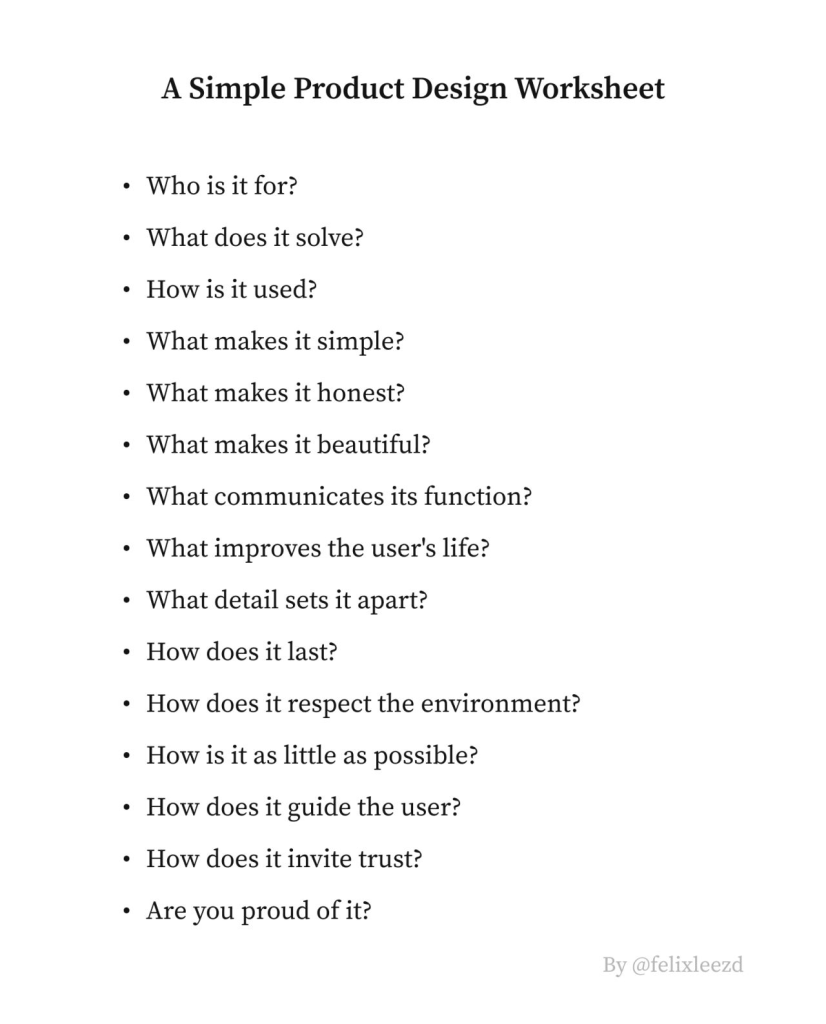Martin Walfisz, founder of Massive Entertainment and writer of the Connecting Pixels newsletter, recently hit a crucial nerve: Most game companies have ambition, but no clear strategy.
He talks about how, when he started out, his ambition was just “Explosions must look amazing!“. I see this same pattern everywhere. Most teams are building a feature-collage that relies on luck rather than design. The core problem is exactly what Walfisz identifies: we confuse motion with direction.
Ambition is Easy; Strategy is Courage
Ambition is a resume: “This game will be the best in the world, it will hit X million MAU, and it will have blockchain integration.” Ambition is free. Everyone has it.
Strategy, by contrast, is courage. Strategy is saying NO to the 99 good ideas so you can focus on the one great thing that your game, and only your game, is built to master.
Walfisz nails the essence: “Strategy is about deciding where to become great.”
- Ambition asks: “What else can we add to appeal to everyone so we can make lots of money?”
- Strategy asks: “What will we say no to, so we can double down on this one, unique feeling that respects the player’s time?”
Companies fear that choosing a lane will limit their creative freedom. But as Walfisz notes, it’s the opposite: boundaries don’t stifle creativity, they sharpen it.
Success Should Compound, Not Reset
When you build a game purely on ambition, its success is a lottery win. Walfisz points out the high cost of this: “Without a clear strategy, success doesn’t compound. It resets.”
If your strategy changes with every new project you are throwing away the expertise, the audience loyalty, and the pattern recognition you earned on the last project.
Success must become a pyramid built on the cumulative expertise of your team, not a single, isolated pillar of luck.
Look at the example of Landfall, which Walfisz cites: they were self-aware enough to realize their strength was “creating inventive, funny, highly shareable multiplayer experiences.” They focused on that one thing and restructured their studio around it. That is the definition of turning your culture into your strategy.

